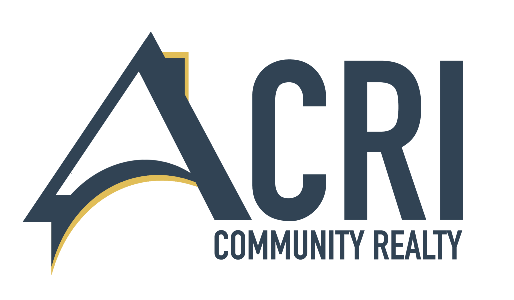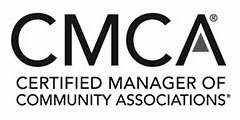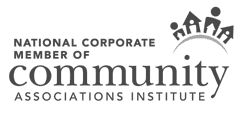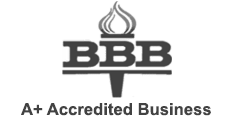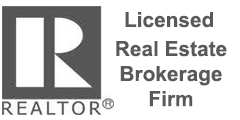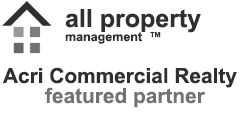What You Need to Know About Your Board of Directors
- They are part of the leadership team of a corporation. Your association is a corporation; and, although you’re not running Microsoft or Verizon, you’re still a corporate entity, responsible for running a business. Investors are the association members, and the Board is responsible for maximizing the return on investment, in this case, your home.
- They are elected officials. Your association likely provides some services that traditionally were provided by local government. That makes your board similar to a town council, who is responsible for ensuring that services are provided and that rules are appropriate and fairly applied. Your citizens are—again— your association members, and the Board is responsible for maintaining and enhancing the quality of living.
Your Association is like a family. That makes your Board Members a parent, cheerleader, role model, social director—in short, a community builder. The family members are your neighbors, and the Board, like a good parent, is responsible for everyone’s civic well-being.
That’s a lot of responsibility, and we’re here to explain how all of the puzzle pieces fit.
Association Governing Documents Explained
Why are Governing Documents Important?
- They give boards the authority to govern by providing for the operation and regulation of the community.
- They provide guidance and protection.
- They protect association members by spelling out their rights.
- They are supported by local ordinances, state statutes, and federal.
Governing documents will provide the structure within which the board can work effectively, they’ll guide board decision making, and support association operations. Their greatest value, however, may lie in the protections they provide to association members.
Community association governing documents typically include several items in descending order of authority.
- Declaration or master deed, including Covenants, Conditions & Restrictions, or CC&Rs (in condominiums and planned communities)
- Proprietary lease, master lease, or occupancy agreement (in cooperatives)
- Articles of Incorporation
- Bylaws
- Rules and Regulations
Breaking Down the Governing Documents
1. THE DECLARATION
The Declaration (or Master Deed) contains the CC&Rs that regulate resident behavior. They bind all the owners to the association, establish association responsibilities, and define owners’ rights and obligations. (In cooperatives, this document is called the proprietary lease or occupancy agreement.)
2. ARTICLES OF INCORPORATION
Articles of Incorporation initially create the corporation under state law and define the association’s basic purposes and powers. They may specify such things as the number of directors, terms of office, and other specifics about how the board functions. (In some states, condominium and planned community associations are not legally required to incorporate, and these may have articles of association.)
3. BYLAWS
Bylaws contain provisions concerning actual association operations, such as meetings, procedures for electing the board members and officers, and general duties of the board. Sometimes the bylaws cover the same topics as the declaration.
4. RULES REGULATIONS AND RESOLUTIONS
Boards adopt rules and regulations. They must be consistent with the declaration or proprietary lease, the bylaws, and state law. Rules are usually recorded at a board meeting in the form of a motion called a policy resolution. Making and enforcing rules are important responsibilities for boards that must be undertaken with care.
In addition to policy resolutions, boards will also adopt administrative, special, and general resolutions. These resolutions specify how the association should operate. Board members should familiarize themselves with all association resolutions.
The Four Types of Resolutions
- Policy resolutions affect owners’ rights and quality of living.
- Administrative resolutions address the internal operations of the community.
- Special resolutions record board decisions that apply a policy to an individual.
- General resolutions record board decisions regarding routine resolutions along with the other governing documents.
The distinction between areas that are owned separately and areas that are owned in common is the cause of much misunderstanding in community associations. It’s important to understand the differences based on the information in the governing documents.
Association governing documents must not conflict with federal regulations, state statutes, or local ordinances.
It’s important to have your association governing documents reviewed by the association attorney to ensure that they do not conflict.
“Our mission is to help your community not only succeed but to achieve success with a minimum amount of anxiety and angst. Hopefully, we can even help you enjoy the benefits of community life. That’s why we’re providing you this overview of what you need to know about Governing Documents. Just like our federal laws, the governing documents are the foundation from which you build your community. This article can help you understand your community and if you are a board member, provide some background information to help guide you as well. If you can’t find what you need, call us and we’ll be happy to help you.”
Ultimately, the role of the board is to protect and increase property value. This is accomplished by operating the association, maintaining the common property, and enforcing the governing documents.
